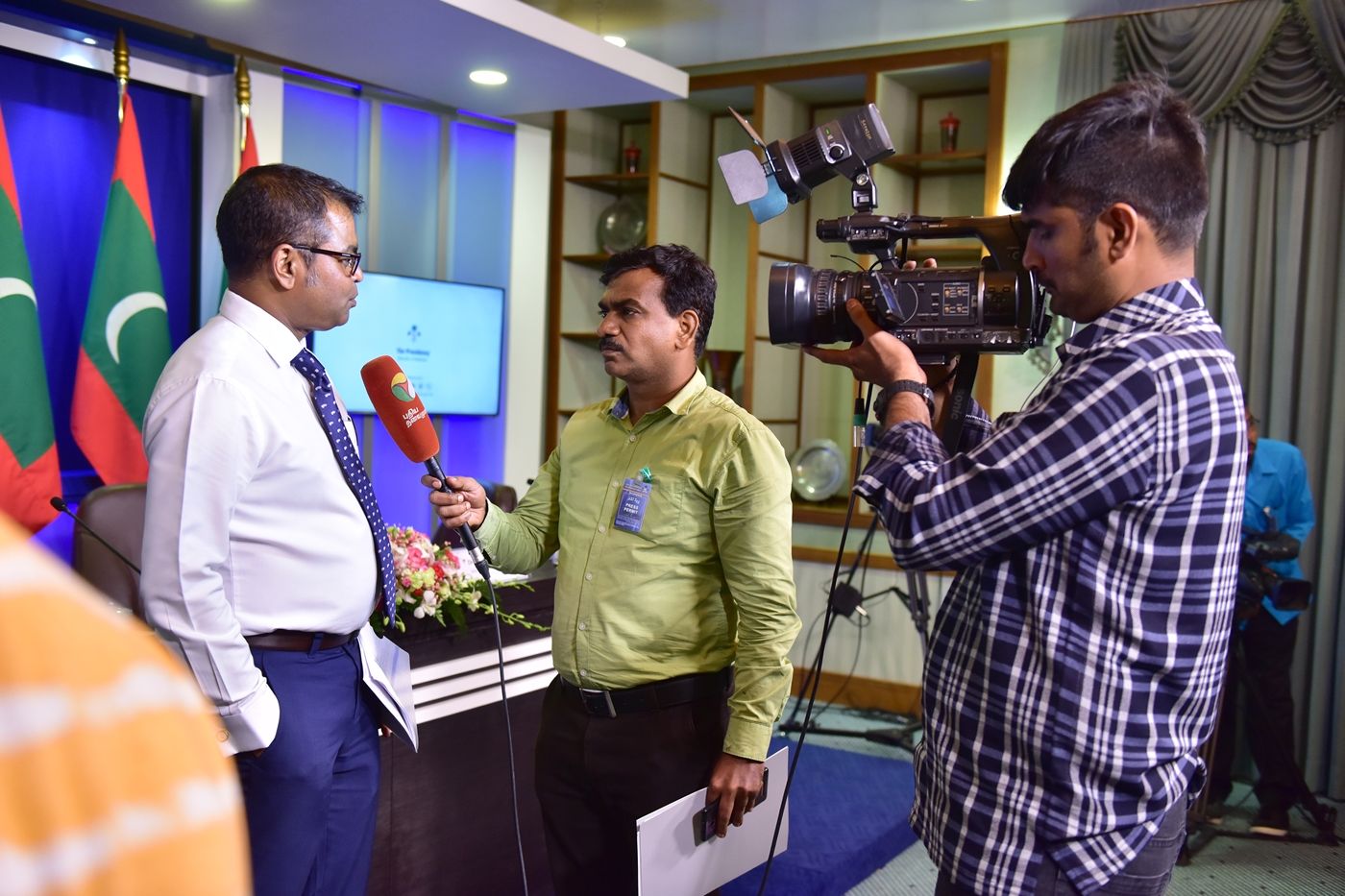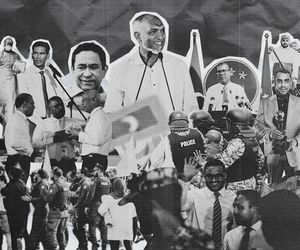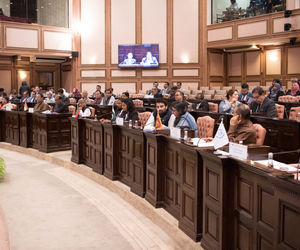Election monitors and observers lack Maldives visa
Foreign media face deportation if they are found working on a tourist visa.

21 Sep 2018, 09:00
The Maldives election body Thursday published a list of international monitors and observers for this Sunday’s presidential poll, but it includes journalists and organisations that cannot enter the country because they do not have visas.
A total of 38 delegates from 11 international organisations will be observers, the Elections Commission said, and a total of 26 media representatives from 14 outlets would monitor the election. The Foreign Ministry also said the election would be open to foreign media and observers.
But many journalists did not have visas at the time of going to press.
Devirupa Mitra, deputy editor and diplomatic correspondent of The Wire, is listed by the EC as an international monitor.
Become a member
Get full access to our archive and personalise your experience.
Already a member?
Discussion
No comments yet. Be the first to share your thoughts!
No comments yet. Be the first to join the conversation!
Join the Conversation
Sign in to share your thoughts under an alias and take part in the discussion. Independent journalism thrives on open, respectful debate — your voice matters.




